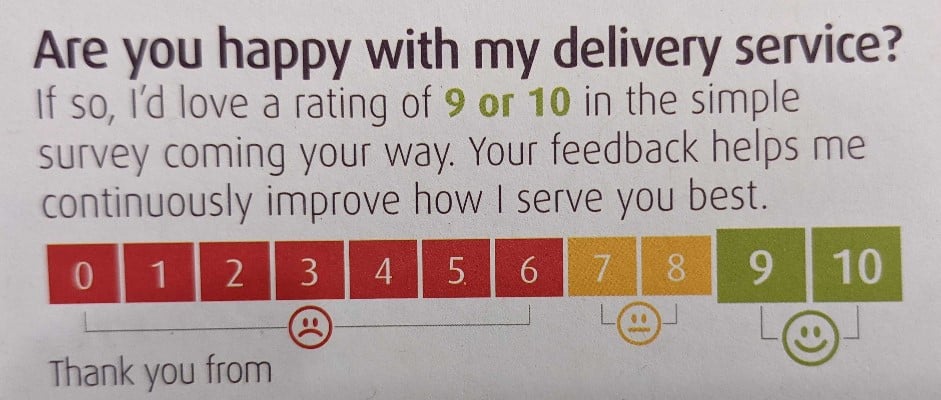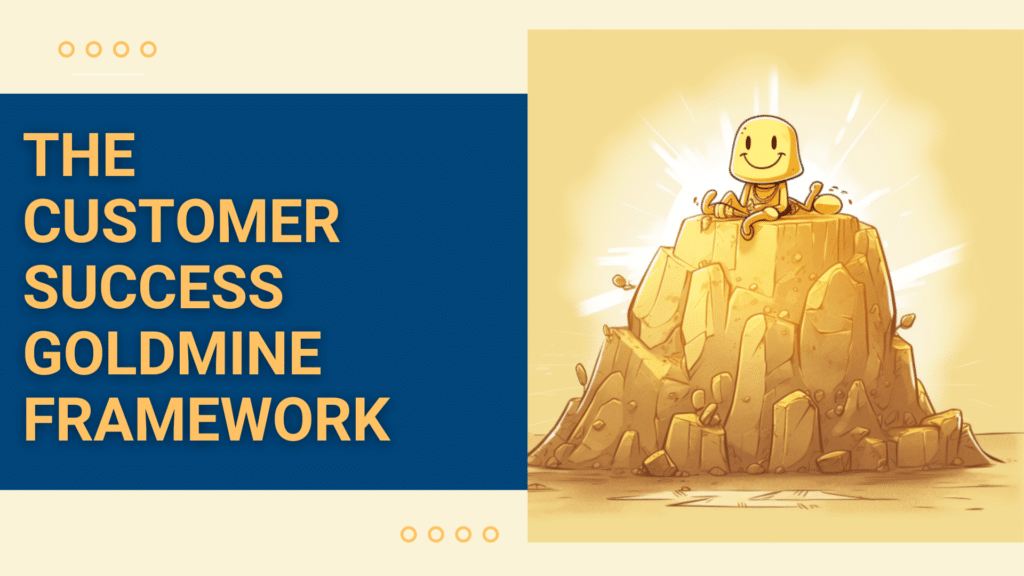You have a project or task that needs to be completed.
The question is:
do you hire a 3rd party expert consultant or company, or do you run the project or solve a problem with your in-house team?
Both scenarios have risks involved. As a provider of customer feedback and Voice of the Customer services, I help my prospective clients decide which of these is best for them. I’ll be honest, sometimes running the project or trying to solve the problem in-house is the best choice. The key is knowing which projects or problems are best run in-house and which are best to hire a 3rd party expert. That’s what this article will cover.
What is an expert consultant?
An expert consultant is someone who has both knowledge and experience in a particular field. For example, I’ve got over 20 years of qualitative research methods experience from my academic and work career. This experience makes me an expert at research methods like surveys, interviews and focus groups.
Experts are people who have deep knowledge and experience that can navigate a project or problem quicker, easier and with more positive outcomes than someone who lacks this expertise. This increase in speed, efficiency and positive outcomes is worth paying for, especially if your project is time sensitive or the business problem you’re experiencing is acute as you’ll see in the next section.
You might hire an expert to help with many things, such as deciding which metrics are best for your company or for your department, training your team on having difficult customer conversations, improving your onboarding process, creating a compensation plan, reducing churn, creating a customer journey map, or creating a Voice of the Customer program.
There are companies and individual consultants who can help you with every single one of these problems. (At the bottom of this article, I’ve linked to companies that solve each of these issues.)
Why you should hire a 3rd party expert
I pointed out in the last section that you might hire an outside consultant or company to help you solve a business problem or to execute a project.
Here are the most common reasons why a company would hire an expert 3rd party to help them:
1. The in-house team doesn’t have the skillset and the company doesn’t want to hire an employee or train for that skill set. This may be driven by limited resources, a short timeline or simply that it doesn’t fit with the direction the company is growing
2. Tight deadlines
Companies will hire experts to help them make tight deadlines. These are often project-based contracts and are short term.
3. The company’s knowledge might influence what they’re trying to do
My company is often hired for this reason. Companies are struggling to reduce churn or increase customer satisfaction but their participation in focus groups, surveys or customer interviews influences their results. As humans, we are hard-wired to look at data and interpret it through our own views. Companies have a hard time being impartial when they’re collecting and analyzing both positive and negative customer feedback. Hiring a neutral 3rd party expert like my company eliminates this risk. I can’t even add up how many well-meaning companies I’ve seen collect customer feedback that is skewed to the answers they want to hear.
Take this Net Promoter Score (NPS) card that a company leaves at the door of its customers after they receive their delivery. It’s begging customers to leave a 9 or 10 rating. This skews their results to the very favourable “Promoter” score in the NPS system. The problem is the data isn’t valid. You can’t make an informed or confident decision based on the results from this NPS survey because customers are being heavily influenced to give a specific score.
If your company is running any survey that influences your customers to respond in a way that’s favourable to you–rather than being free to share their own opinions–then fill out an application and book a time to talk to me or my team. We’ll be more than happy to talk to you about the dangers and pitfalls of this kind of data collection.

4. The company doesn’t know where to begin
Big business problems like reducing churn or large projects like implementing a new compensation plan can be overwhelming to start. An expert consultant or company can help you break down the project or problem into small, manageable pieces. They also ensure that you don’t start in the wrong place. And they help you navigate around common pitfalls you might not know about.
5. Company resources need to be focused on other projects
Sometimes companies hire 3rd party experts because they need their money or employees on other projects. The project they may be hiring an expert for might be non-critical and they don’t want to divert precious resources away from mission critical projects.
7 Questions to help you decide to run in-house or hire a 3rd party
In the first paragraph, I wrote that sometimes the best choice to solve a business problem or complete a project is to use your in-house team. Other times, using your in-house team is the worst choice. You could spend a lot of time, money, and negatively impact employee morale if you run a project or choose to solve a business problem in-house when it would have been better to hire an expert consultant or company.
These 7 questions are designed to help you make the right decision for your project and company.
- Are we capable of doing this project ourselves?
- Do we have the competency to achieve our desired outcome using only internal resources?
- Is our experience helping or hurting us with this initiative?
- Is our perspective helping or hurting us with this initiative?
- Do we capacity to do this project ourselves?
- Do we have the capacity right now to accomplish this initiative?
- Is this initiative the best use of our capacity?
- For every project or big business problem where you are unsure if you should use your in-house team, use these 7 questions to clarify. They will not only help you see the advantages and disadvantages of your decision but help you come to clarity much faster, with less risk of needlessly spending time and money from making the wrong choice.
Hiring the right expert for you
I’m being honest again, not everyone who calls themselves an expert is an actual expert. It’s important that you understand that genuine experts not only have experience and knowledge but credentials like accreditation, customer testimonials and case studies to back them up.
Here are 4 questions to help you confidently determine the genuine experts from those who pretend to be experts. Use these questions to hire a 3rd party consultant or company with confidence and peace of mind you made the right choice.
- Do they have case studies? If they don’t, can they explain why?
- Have they shown you a solid, repeatable process that illustrates they can competently complete your project?
- Are their results fairly consistent?
- Will they allow you to speak to some of their current or former clients?
My hope is that in reading this article, you have a better understanding of the choice you’re making when you use an in-house team for a project or to solve a business problem versus hiring a 3rd party expert consultant or company.
On the whole, big projects and big business problems tend to benefit from the use of an outside company or consultant. Their experience and knowledge can help you avoid making costly mistakes, help make the process of solving your problem or completing your project much faster, and make the process much easier and more efficient.
As promised earlier in this article, here are the links to 3rd party companies and consultants that I personally endorse to help you with these issues.




